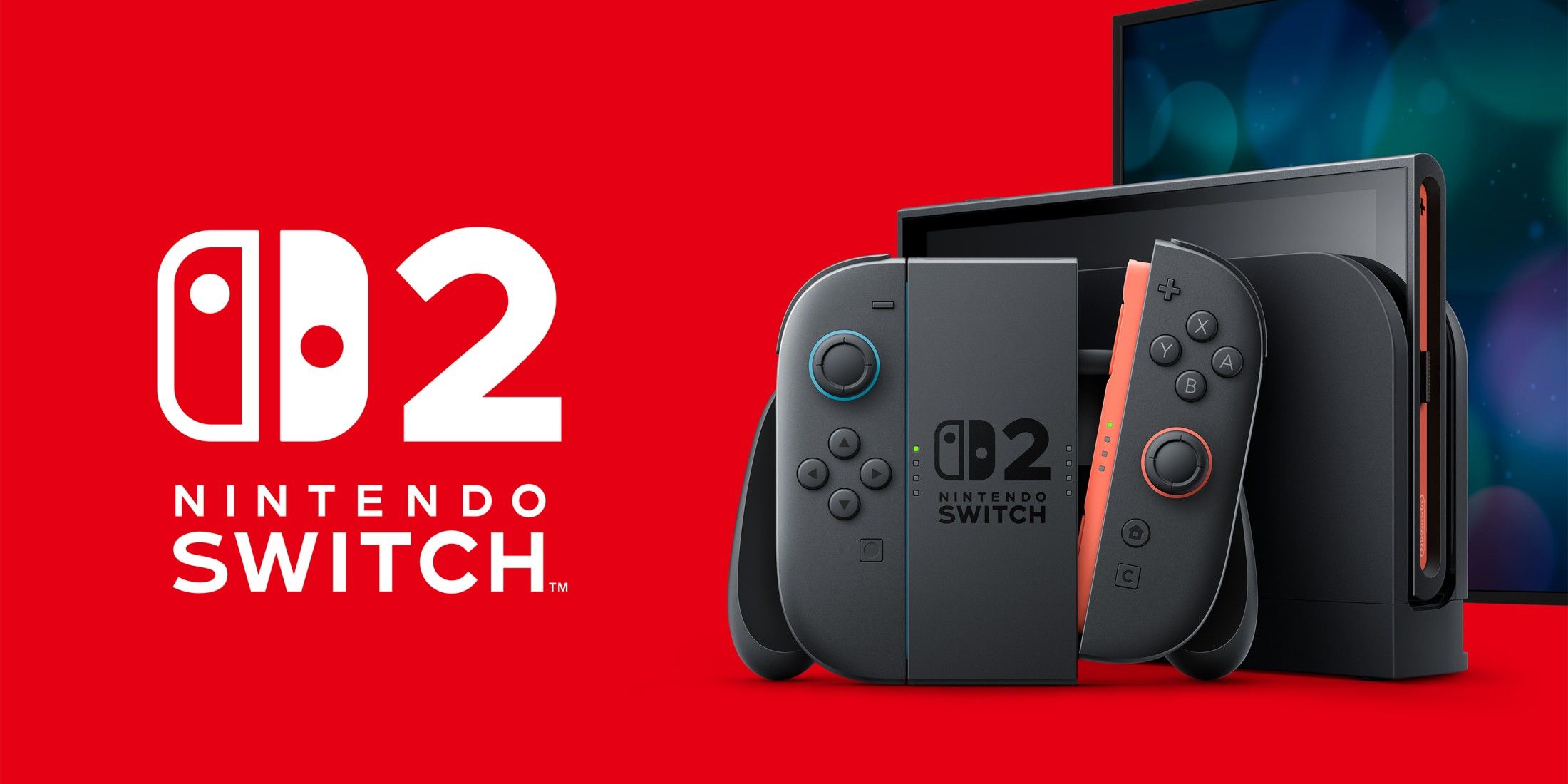
Nintendo’s revelation about GameShare and innovative virtual game card features for the upcoming Nintendo Switch 2 places the company noticeably at the forefront of digital game convenience. GameShare represents a compelling strategic decision that notably streamlines game availability, an area where PlayStation and Xbox have yet to make significant strides, and Steam has struggled to perfect so far.
This new system allows players to play shared games even if only one person owns the title, breaking down a longstanding barrier in gaming. While it has certain restrictions at present, such as GameChat being exclusive to Nintendo Switch 2 and GameShare not being available on the original Nintendo Switch, it’s a promising step forward. Notably, popular games like “Super Mario Odyssey” and “Super Mario 3D World + Bowser’s Fury” will be immediately compatible, ensuring users can start benefiting from GameShare and GameChat right away.
Nintendo Is Doubling Down on Digital Game Accessibility With Switch 2
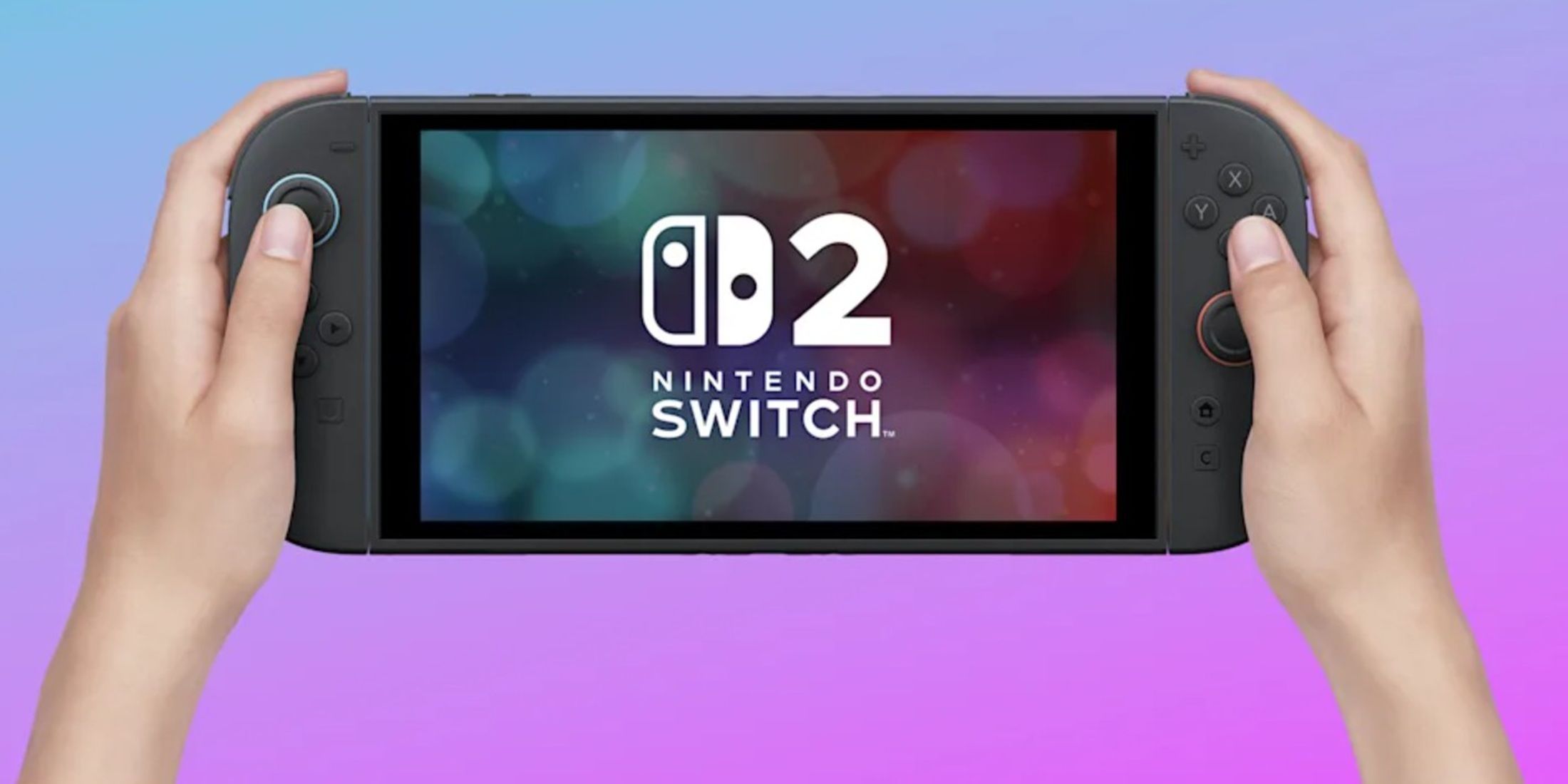
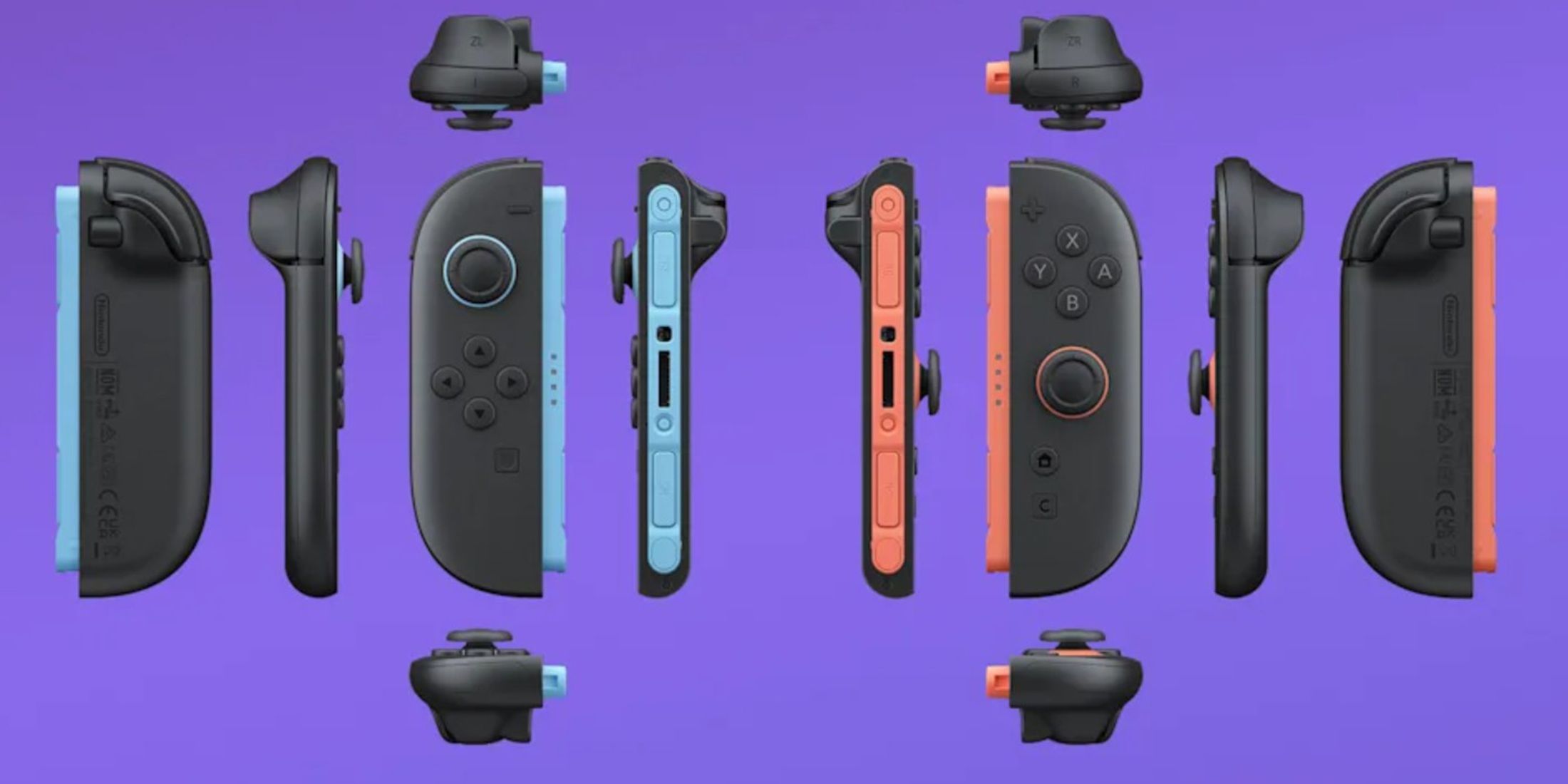
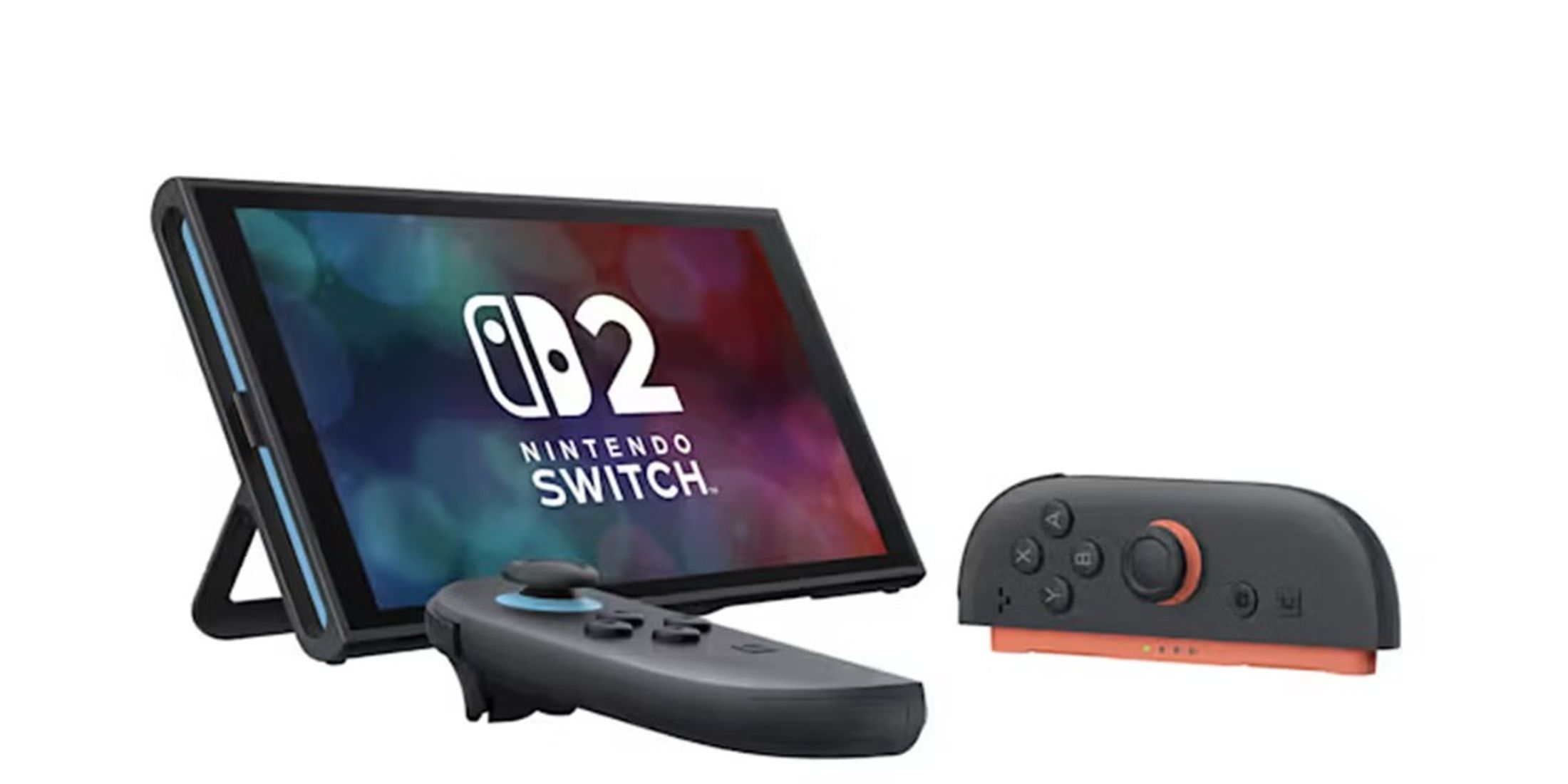
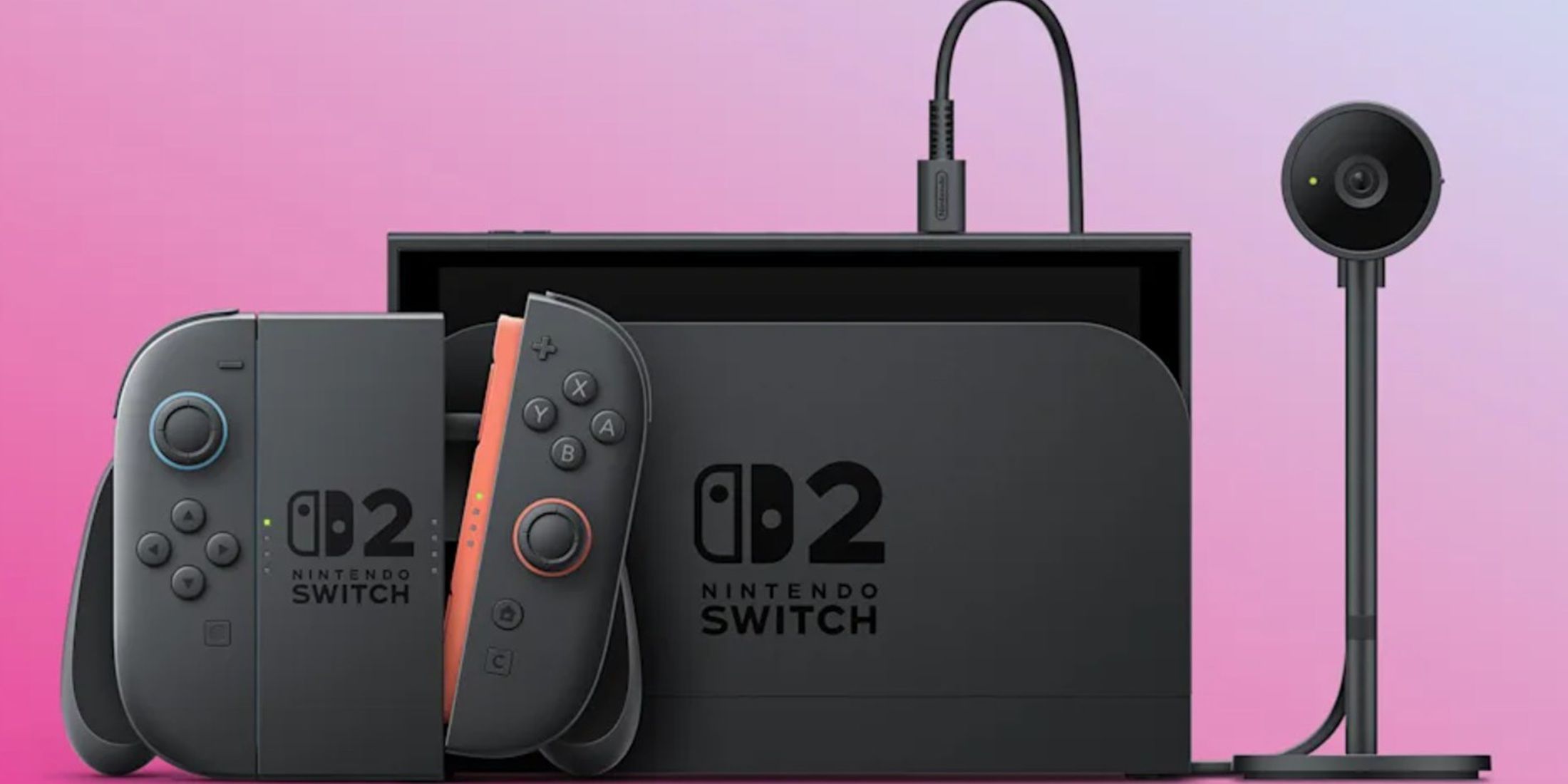
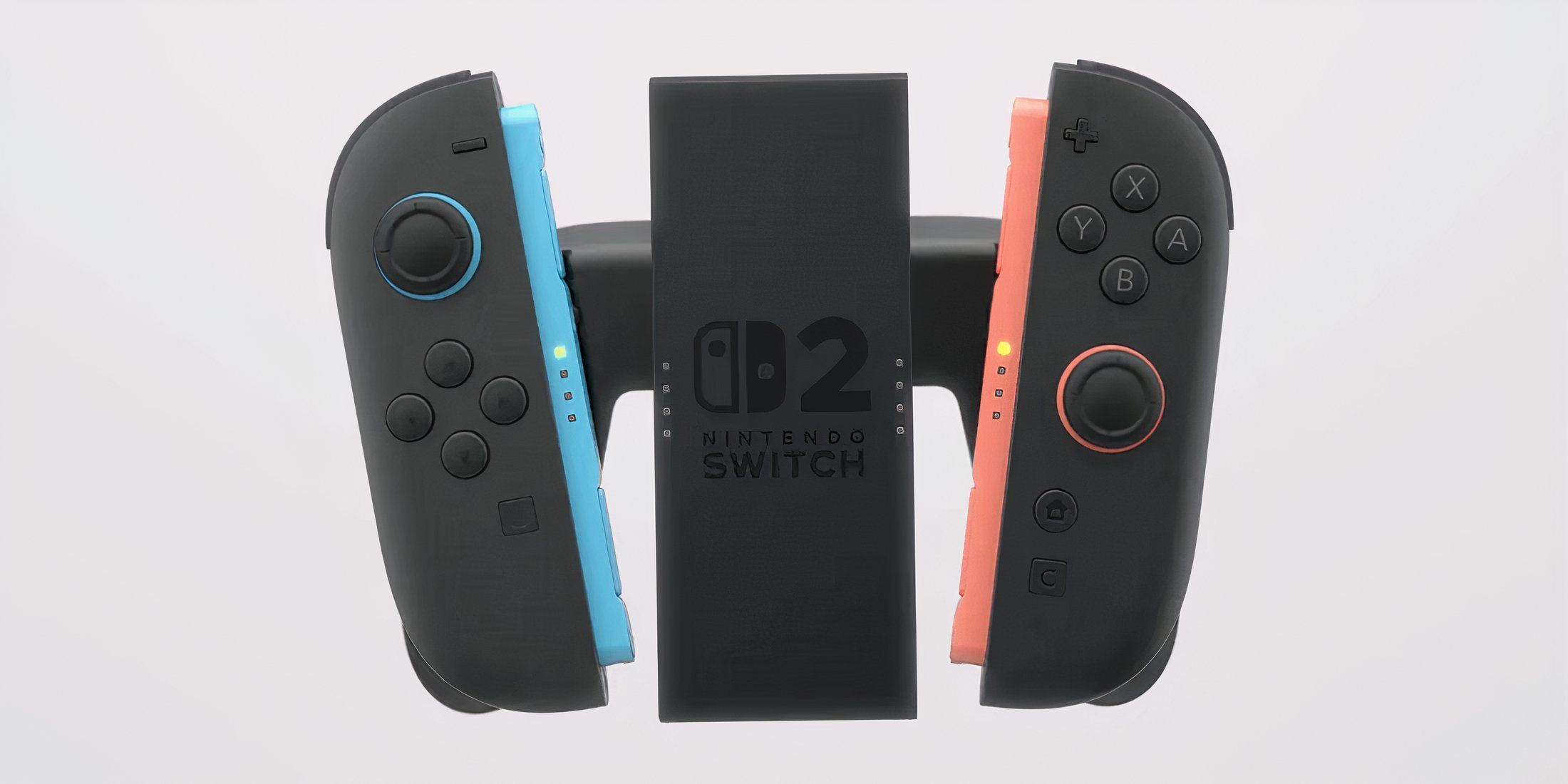
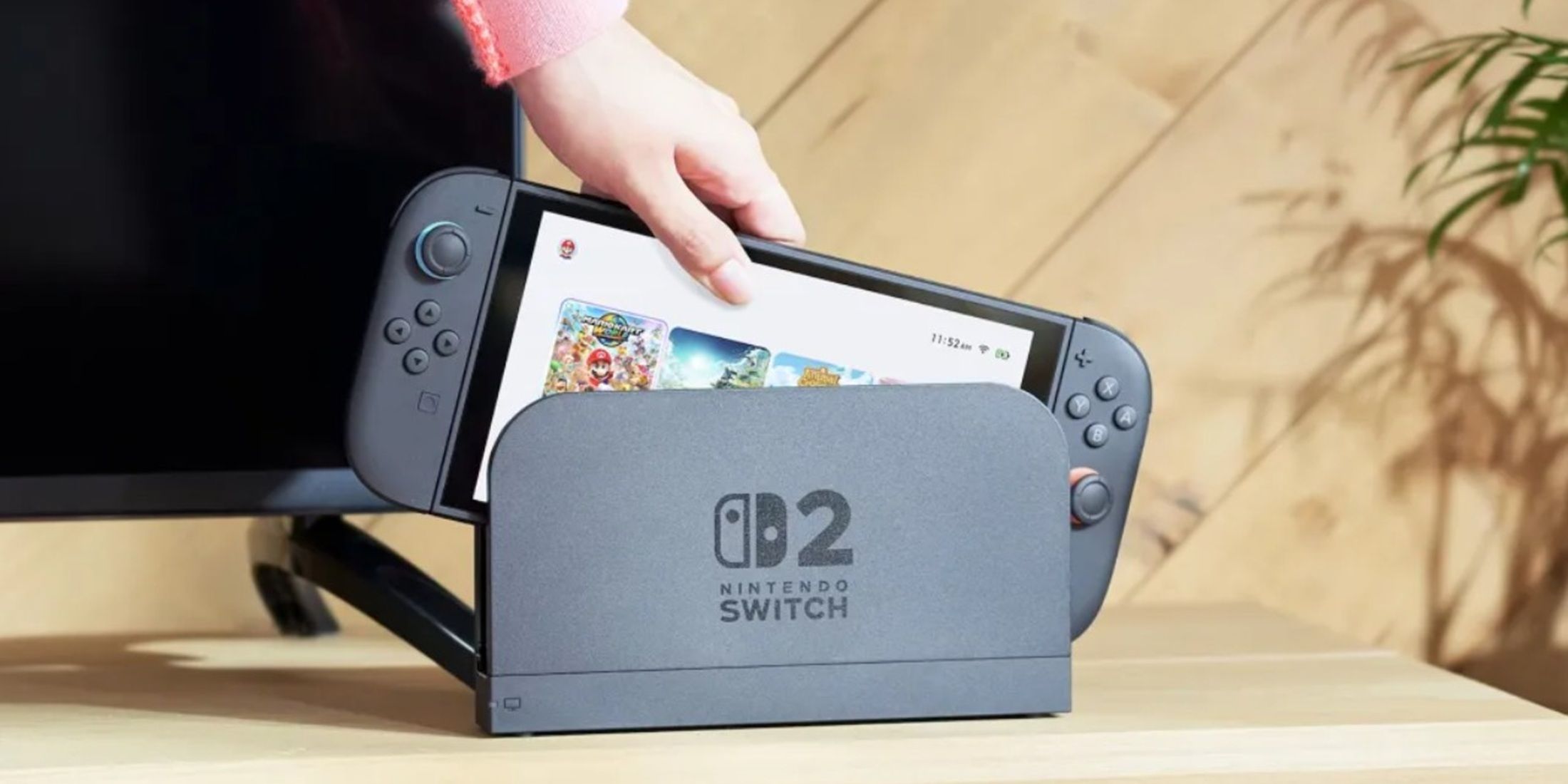
At the heart of Nintendo GameShare’s allure lies its functionality to let users share games directly between any Nintendo Switch or future Nintendo Switch 2 consoles, regardless of whether the receiver owns the game themselves. This operation is as straightforward as employing a local wireless connection for hassle-free game sharing. This stands in stark contrast to existing digital rights management methods, which usually impose restrictions or complexities on what appears to be a simple game-sharing process.
One enhancement to Nintendo’s latest game accessibility strategy is the online feature, GameChat, similar to GameShare. This new tool will enable Nintendo Switch 2 users to share compatible games with their friends over the internet, regardless of who originally purchased the game. The aim here seems to be increasing user engagement, and Nintendo plans to do so by offering GameChat free until March 31, 2026. After this date, it will require a Nintendo Switch Online subscription for continued use.
Virtual Game Cards Aren’t Making It Any Complex Either
With the latest update on Nintendo’s virtual game card feature, users can now manage their digital games similarly to physical ones. This means that when two systems are connected to the same Nintendo Account, you can easily transfer a game from one system to another without having to reinstall or re-download the game. Additionally, this new feature enables players within the Nintendo family group to lend games for up to 14 days. When the game is returned, the data of the borrower will remain intact, making it convenient to continue playing exactly where they left off if they borrow it again or decide to purchase it later.
Why Nintendo’s GameShare System Could Be A Challenge for Other Consoles
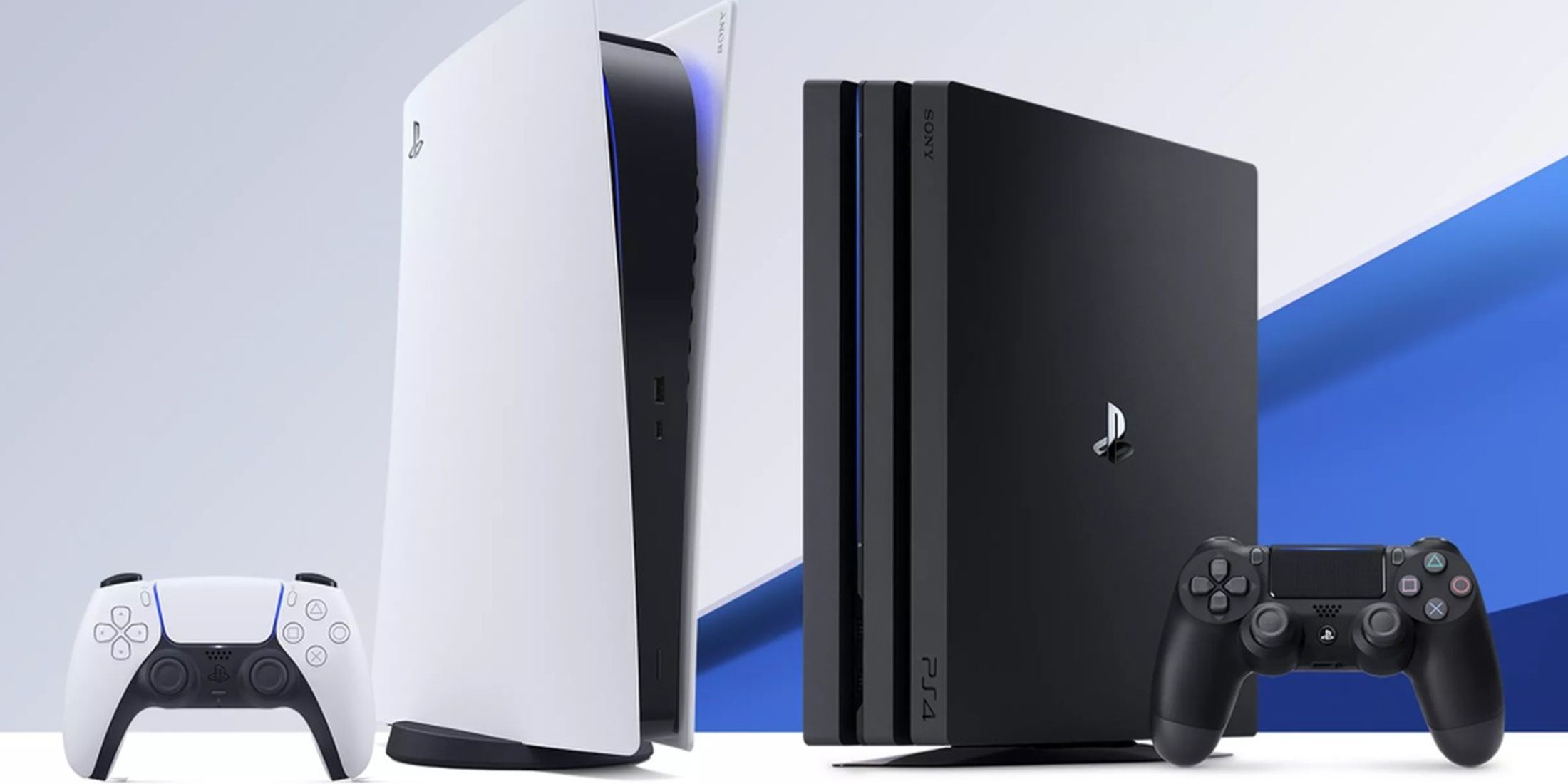

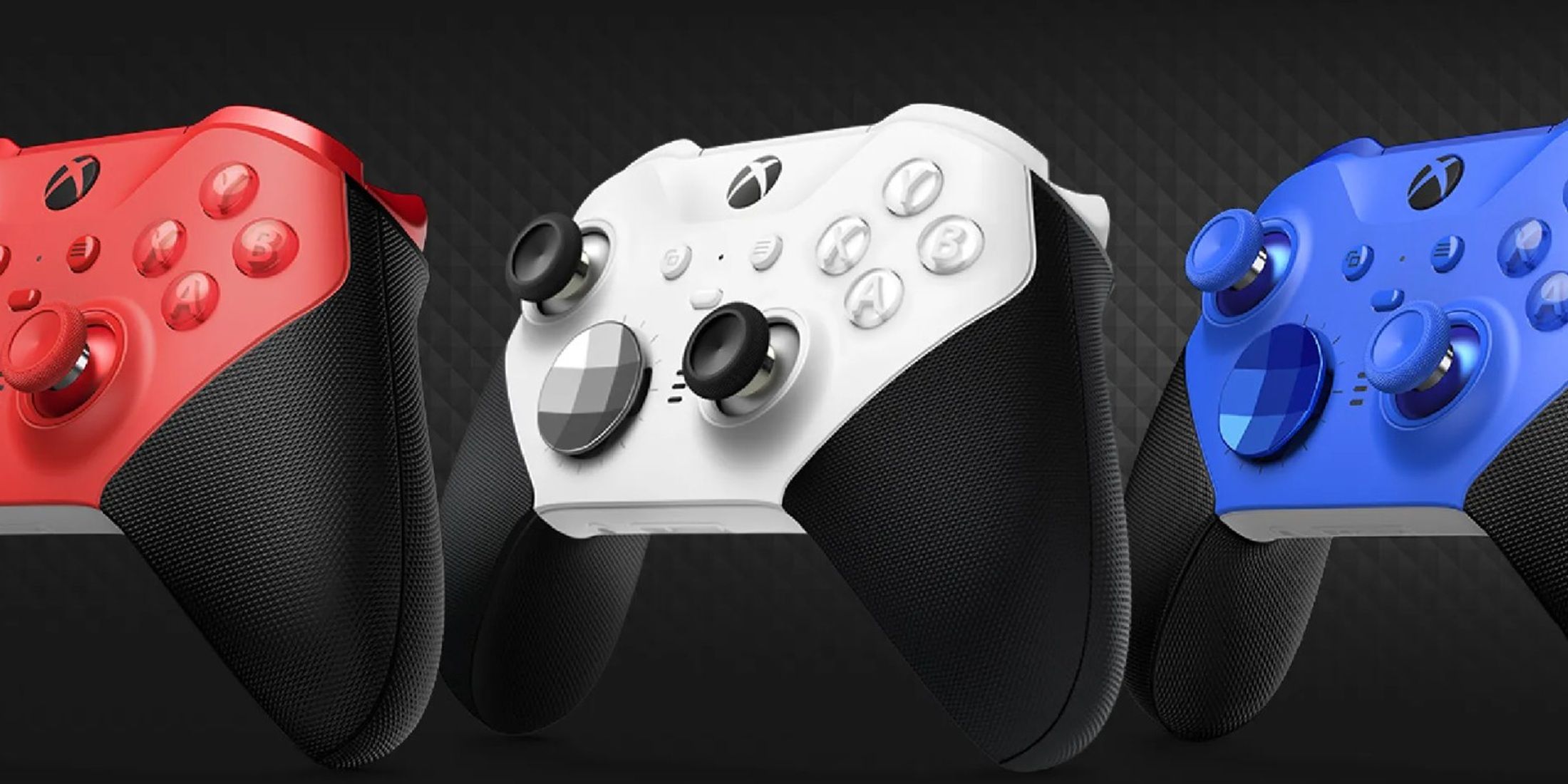
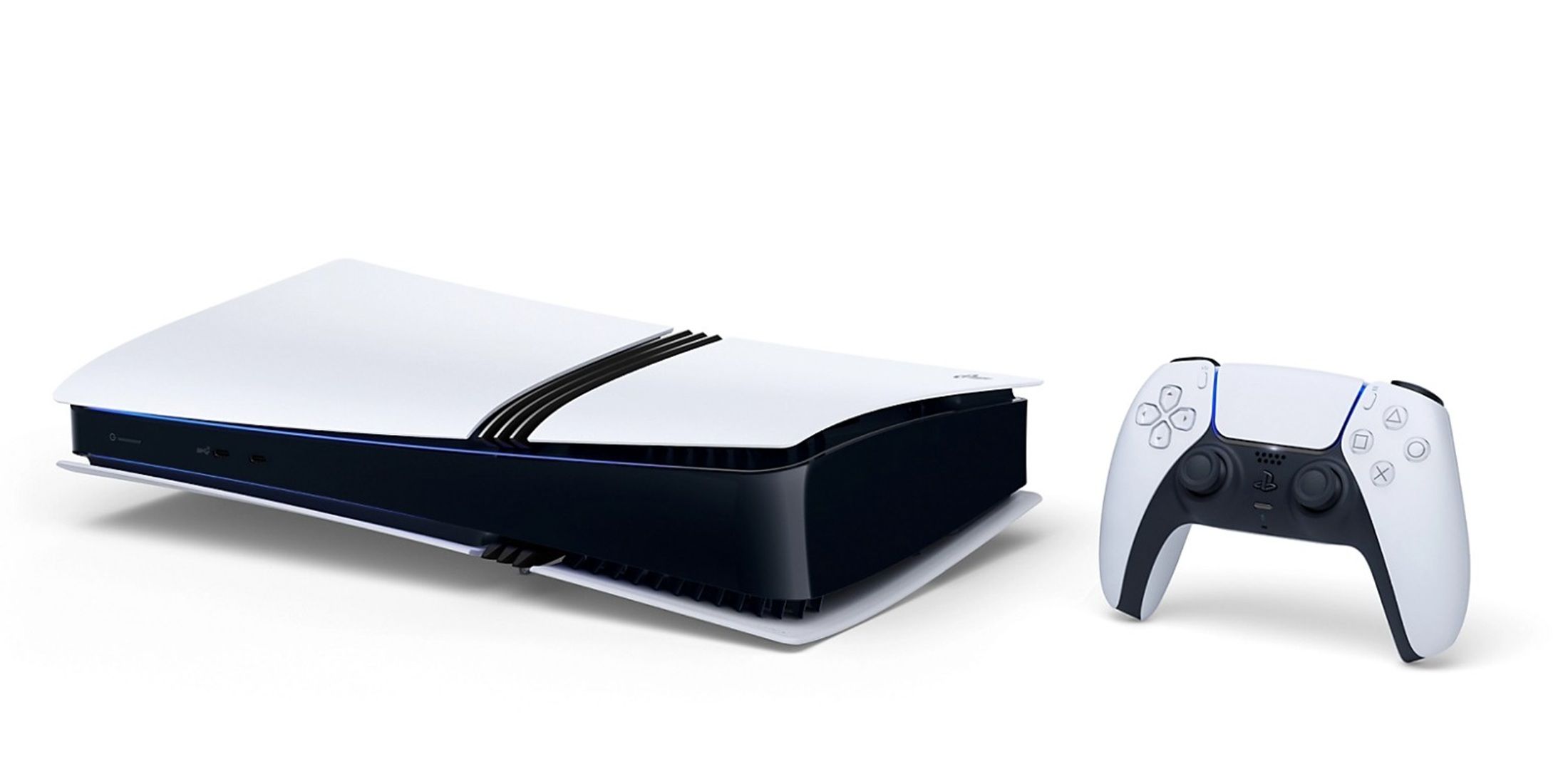
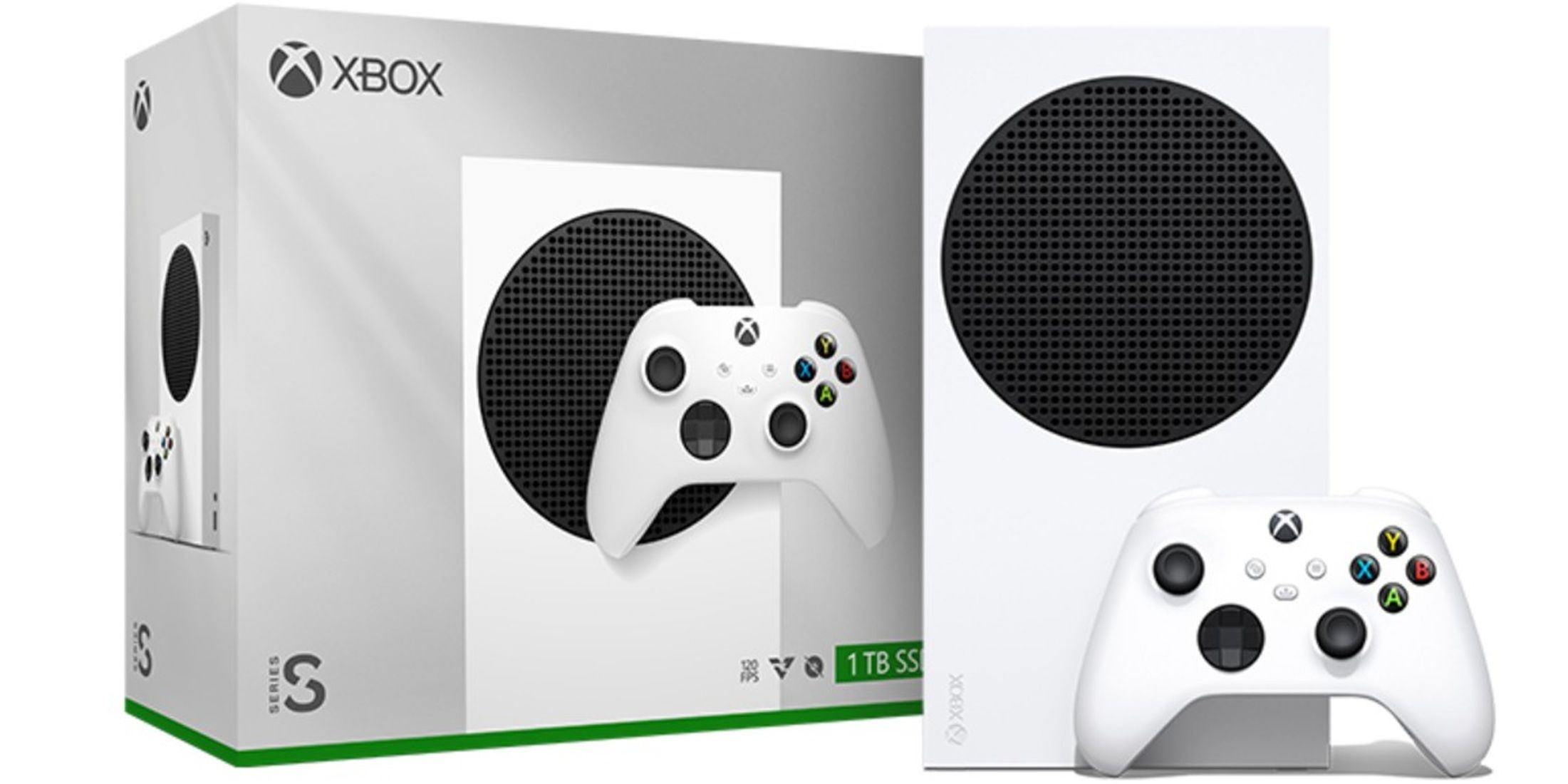
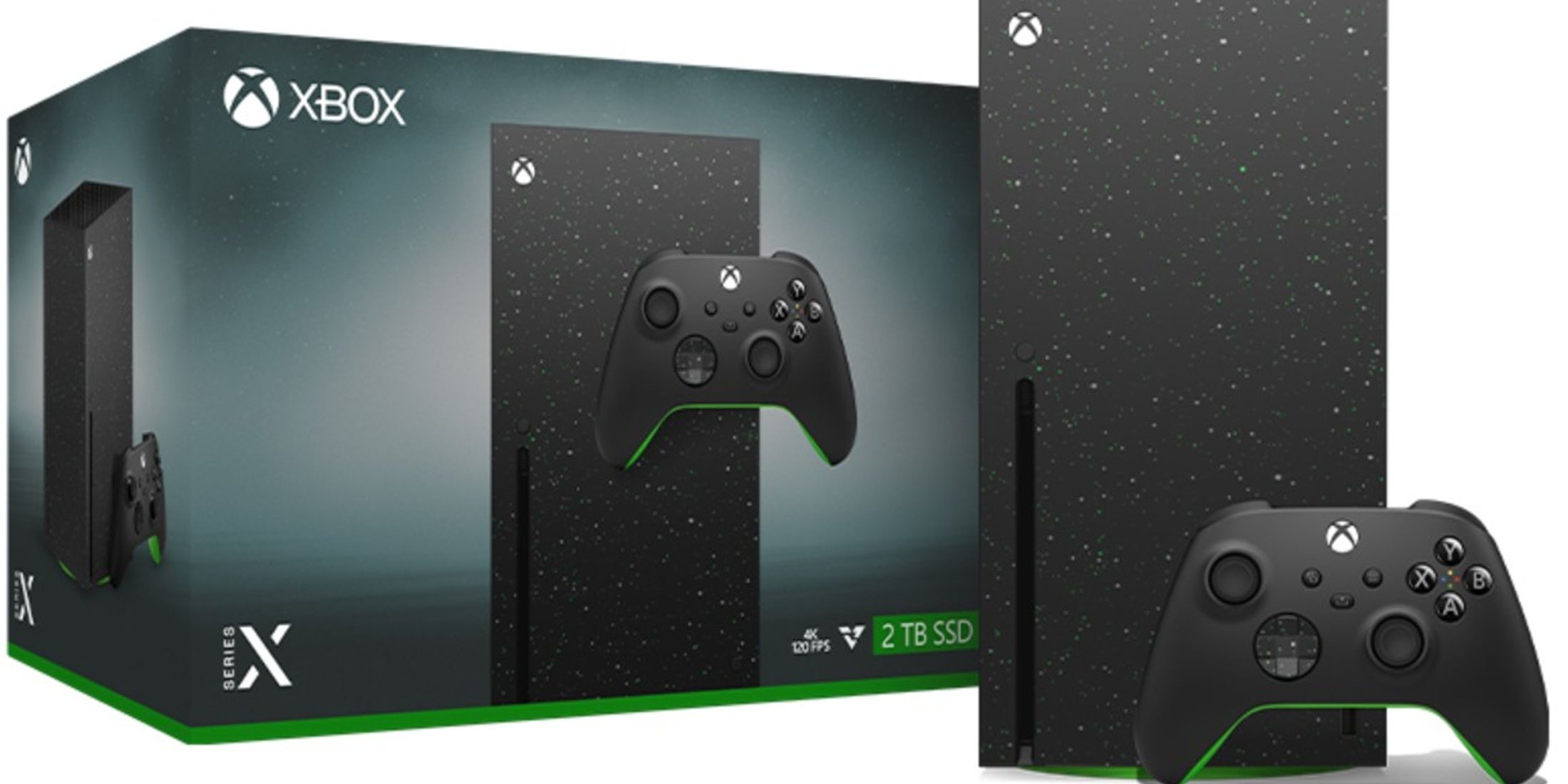
Nintendo’s inventive strategy might force Sony and Microsoft to re-evaluate their digital accessibility policies. Unlike Xbox and PlayStation, which offer limited digital sharing through means like account sharing or primary console configurations, these methods are complex, restrictive, and occasionally deter casual use due to security issues or policy constraints.
Nintendo’s simplified strategy enables immediate game-sharing, eliminating the need for intricate setup processes and persistent access issues, thereby exposing flaws in rival systems. In contrast, digital sharing on PC gaming platforms such as Steam or EA App does exist, however, it comes with a high level of complexity and restrictions.
Steam Lets Players Share Games, But It’s Complex
Steam’s Family Sharing allows users to share their digital libraries with friends or family members, but it comes with various verification procedures, device authorizations, and limitations on simultaneous usage, making it somewhat complicated. On the other hand, Nintendo’s new approach seems more straightforward, user-friendly, and practical for both impromptu and prearranged gaming experiences.
Accessibility Complications Sometimes Extend Beyond Just Game-Sharing
If someone has previously installed Apex Legends through EA’s platform, trying to connect it with Steam can be a hassle due to unnecessary repeat downloads or tricky manual file transfers. And if you’re moving a game from Steam to the EA App launcher, it’s just as difficult. This situation highlights multiple digital accessibility issues that Nintendo seems to effortlessly bypass.
As a gamer, I can’t help but notice the convenience of Nintendo’s unified, inclusive game-sharing approach. It’s like they’re setting a new trend for digital gaming accessibility that others might want to catch up on, or risk being left behind. However, let’s not forget that other consoles boast vast game libraries, so it’s not like Nintendo’s superior digital accessibility will make them an instant choice for everyone. But mark my words, this new trend is here to stay, and eventually, I believe other platforms will follow suit.
Read More
- EUR USD PREDICTION
- Epic Games Store Free Games for November 6 Are Great for the Busy Holiday Season
- How to Unlock & Upgrade Hobbies in Heartopia
- Battlefield 6 Open Beta Anti-Cheat Has Weird Issue on PC
- Sony Shuts Down PlayStation Stars Loyalty Program
- The Mandalorian & Grogu Hits A Worrying Star Wars Snag Ahead Of Its Release
- Unveiling the Eye Patch Pirate: Oda’s Big Reveal in One Piece’s Elbaf Arc!
- ARC Raiders Player Loses 100k Worth of Items in the Worst Possible Way
- Someone Made a SNES-Like Version of Super Mario Bros. Wonder, and You Can Play it for Free
- God Of War: Sons Of Sparta – Interactive Map
2025-04-05 22:36